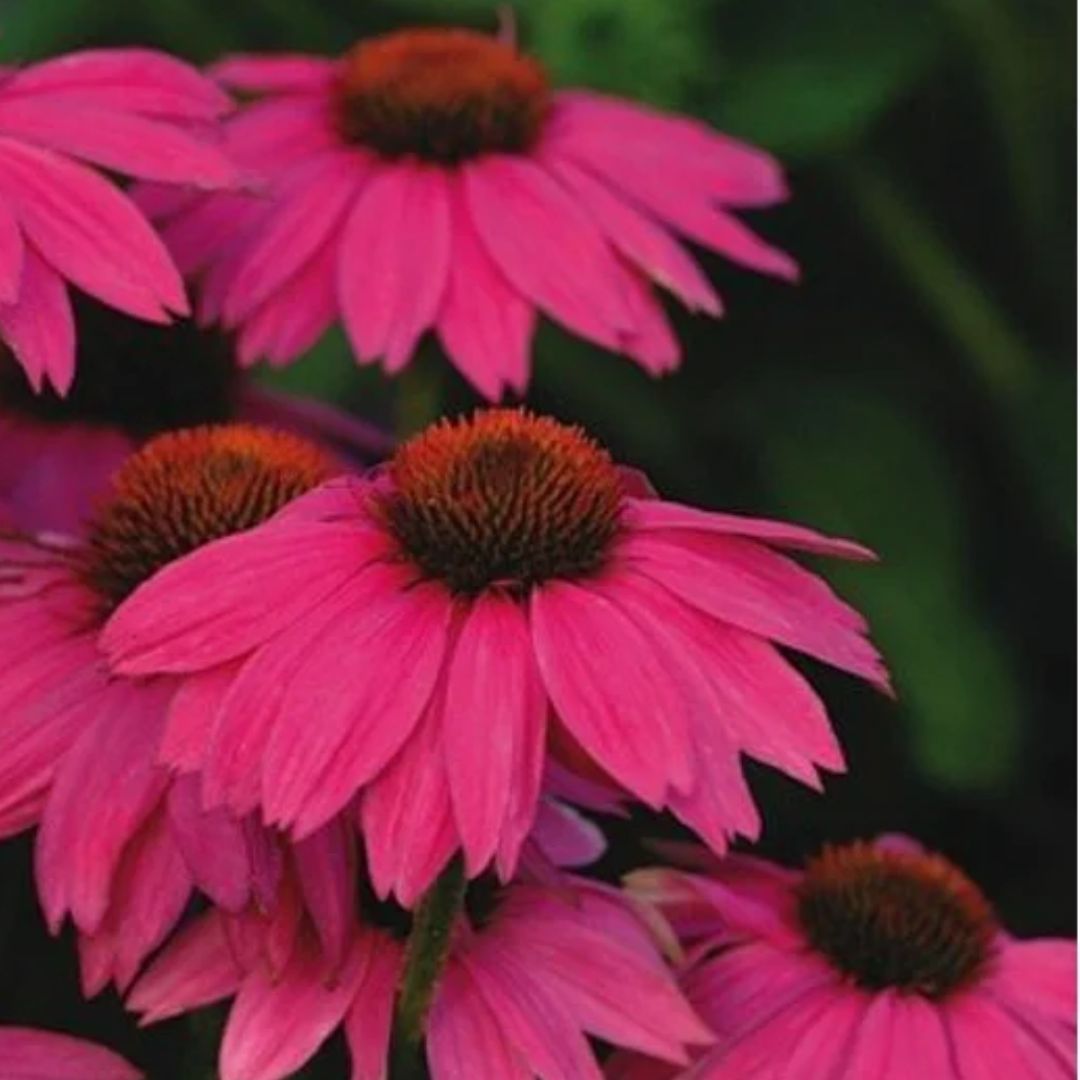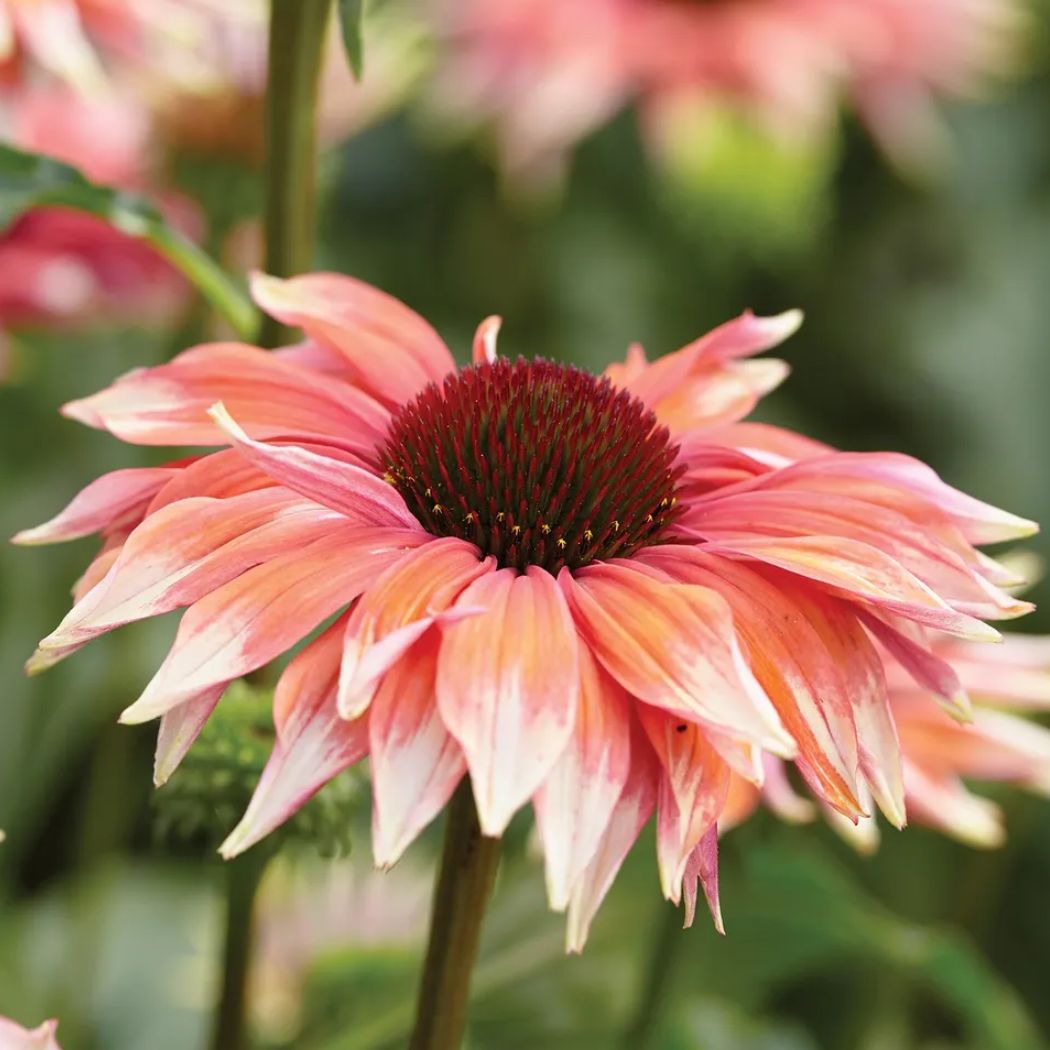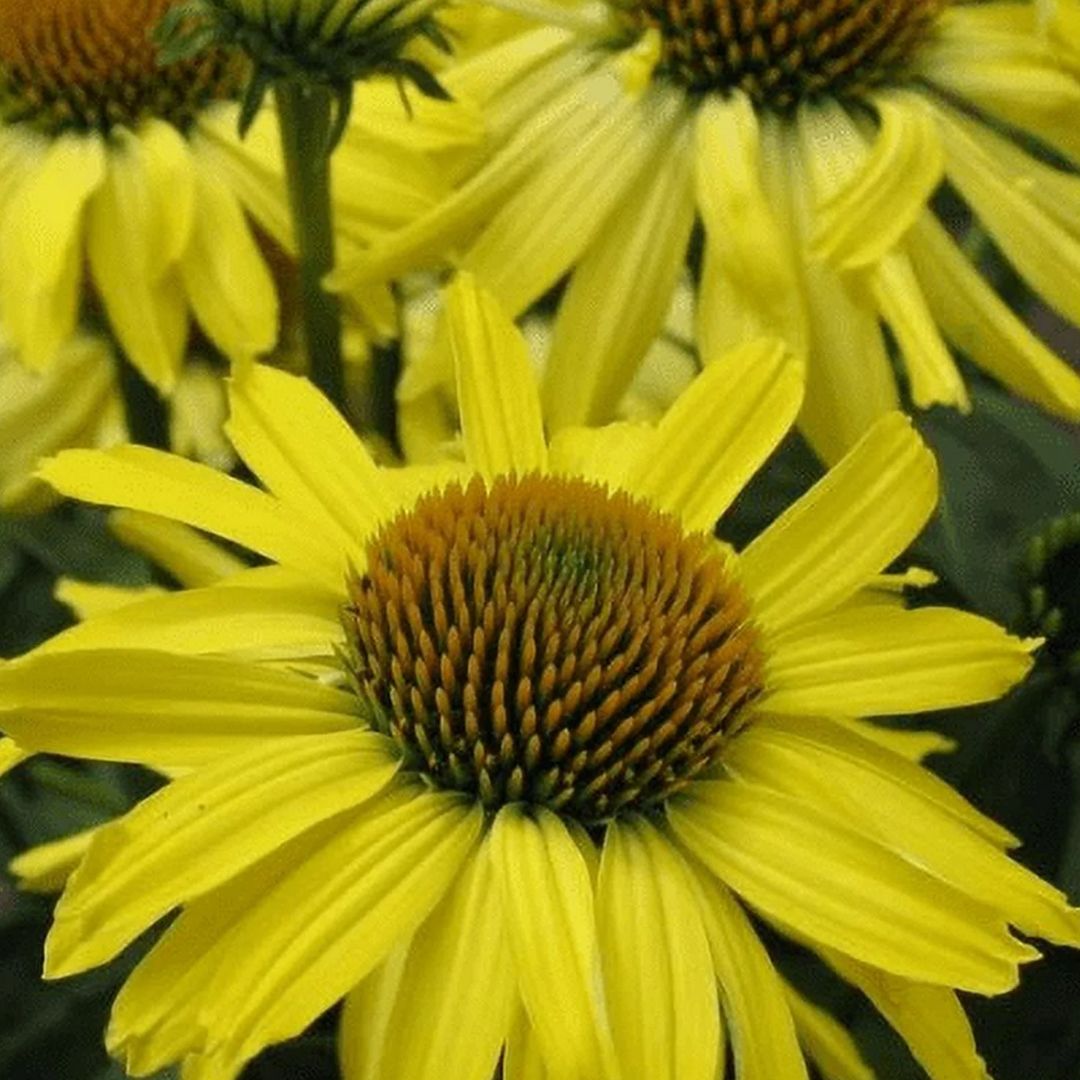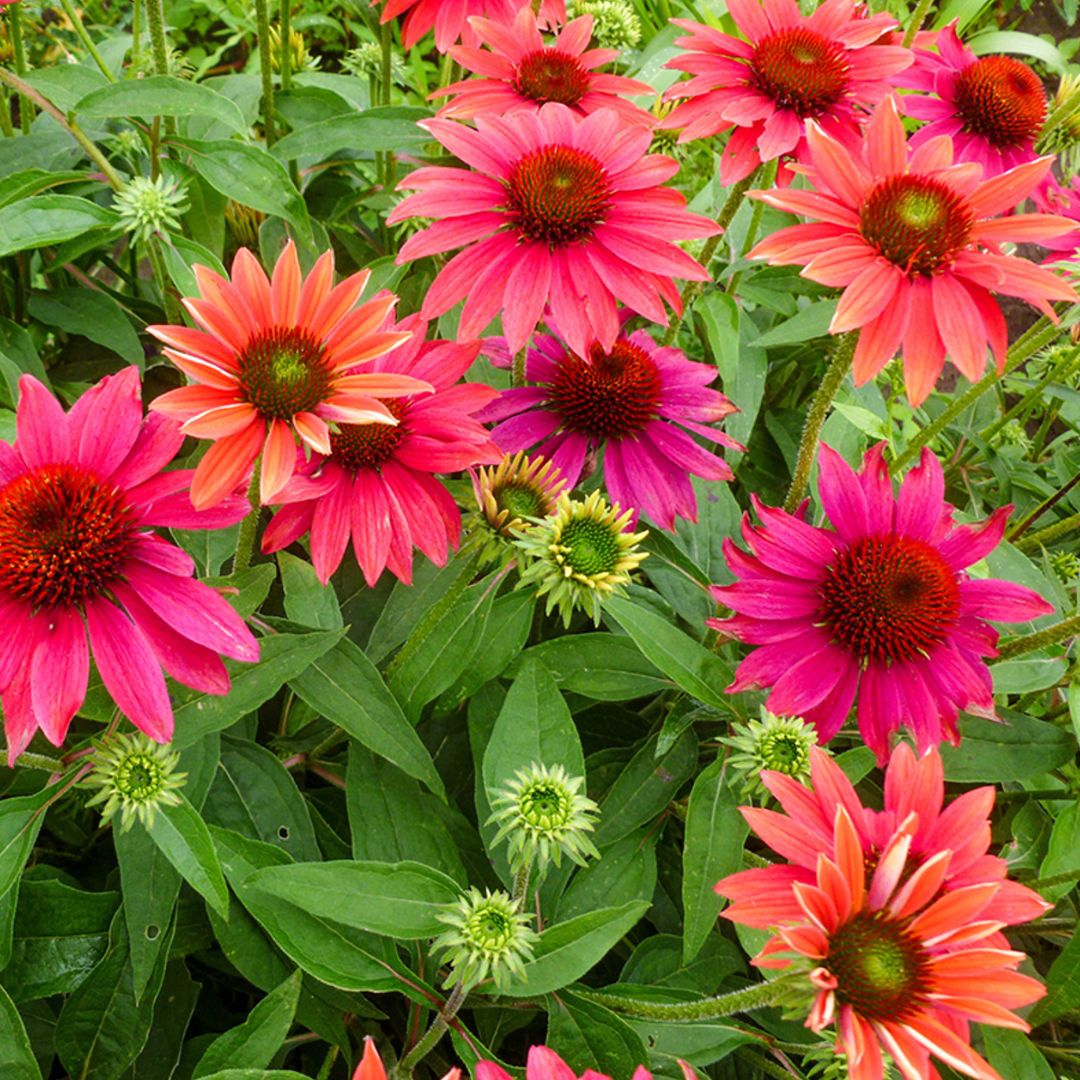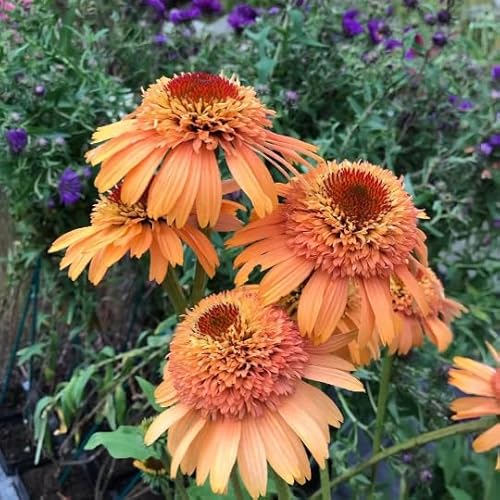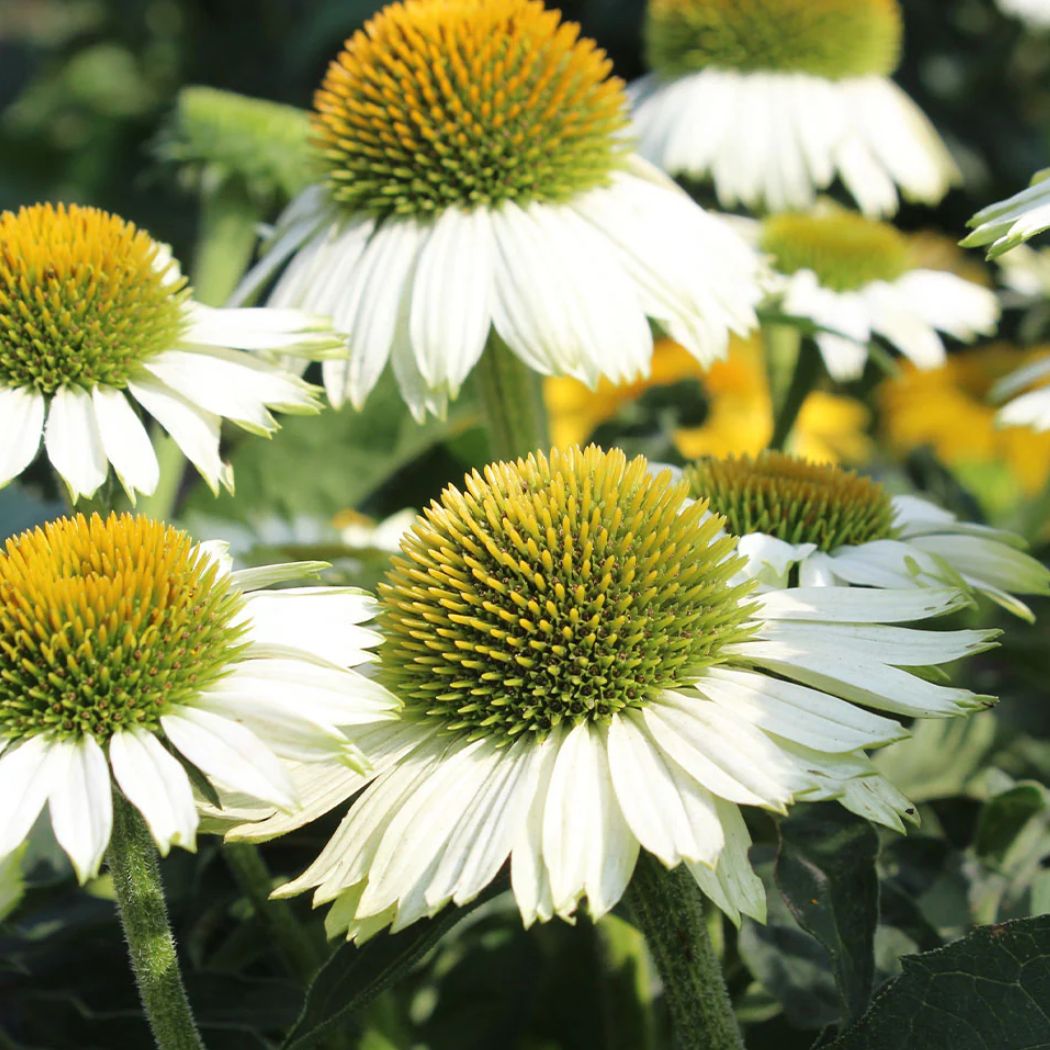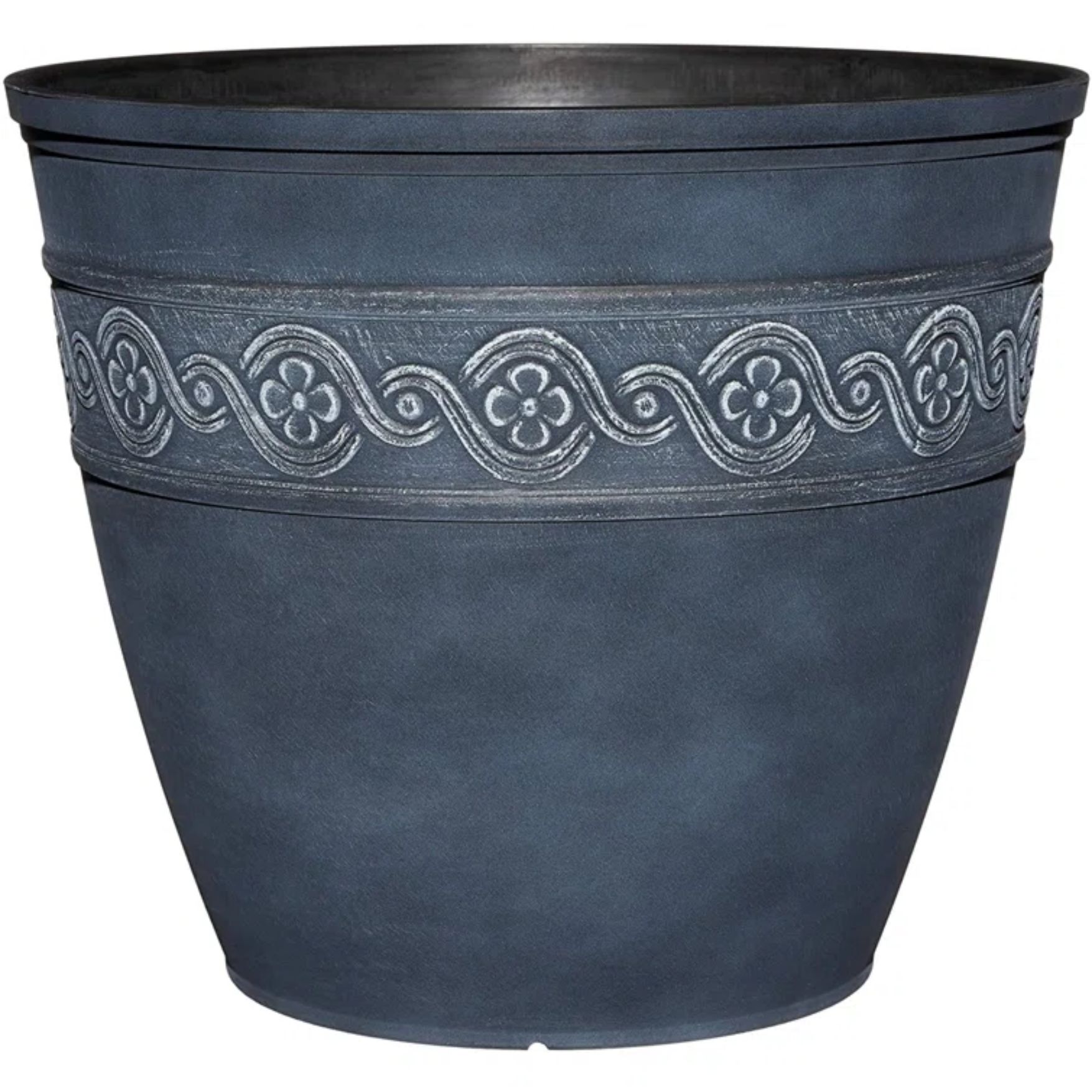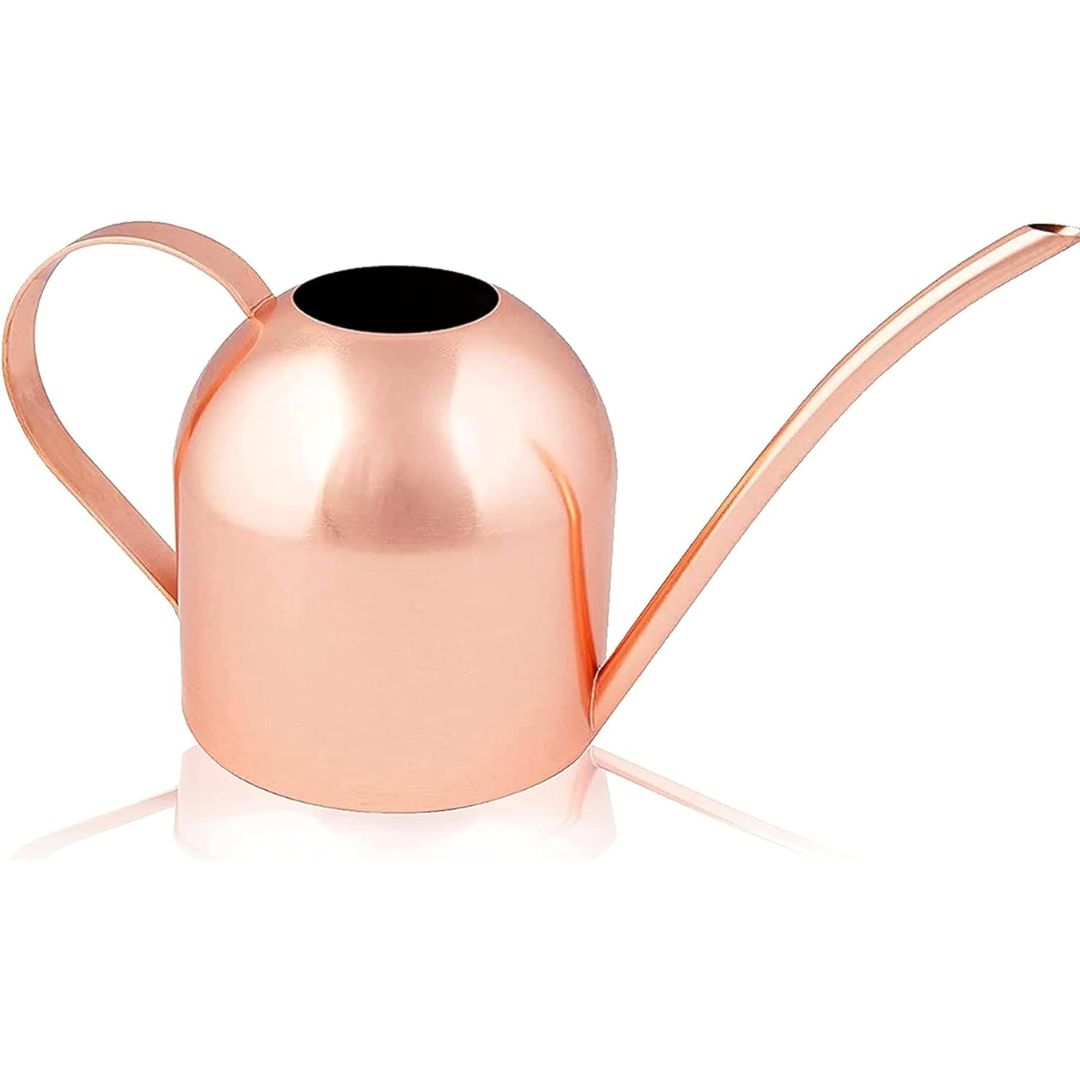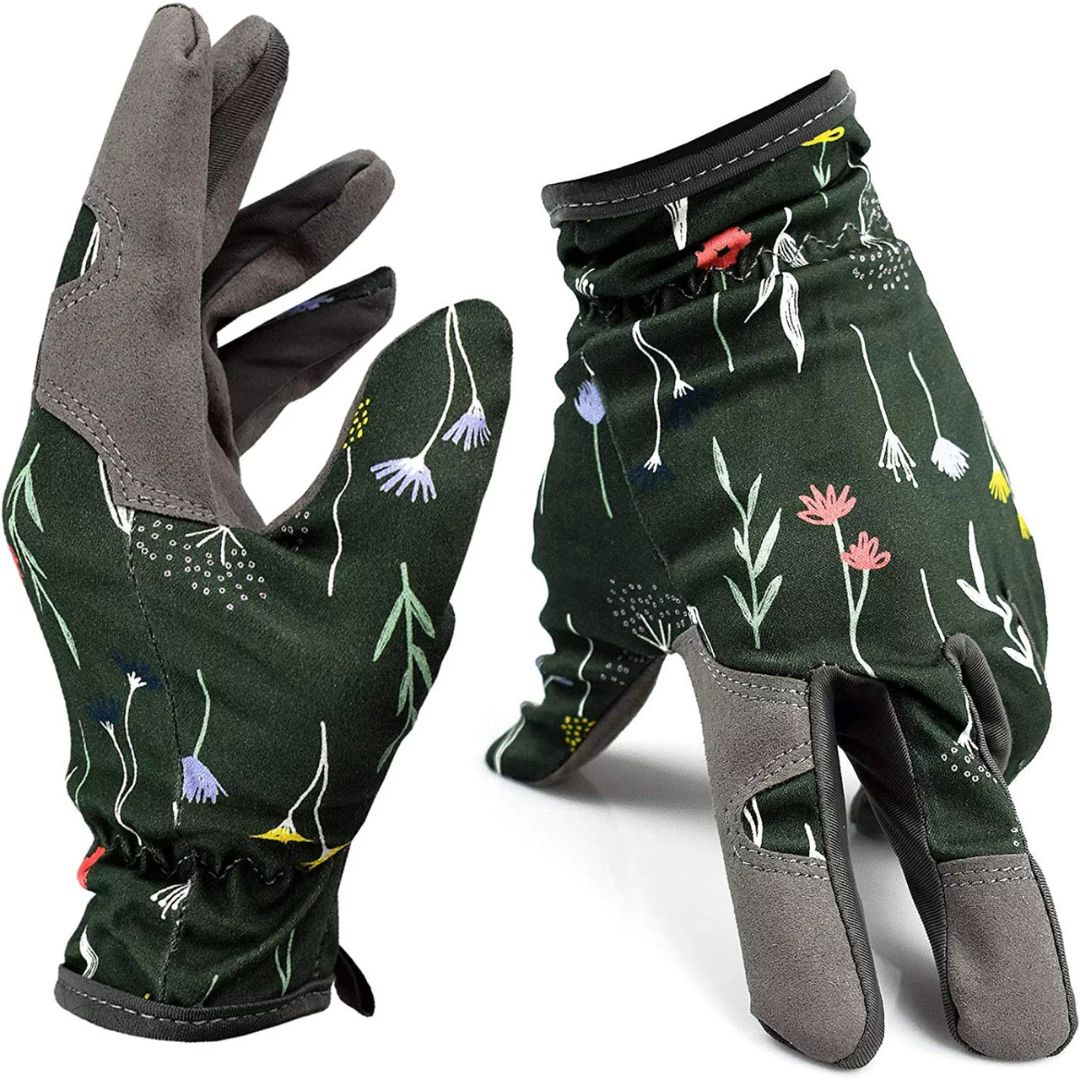How to Grow Coneflowers — Plant These Pretty Perennials to Add Character and Color to Your Yard
Planting coneflowers will brighten up your garden bed, but what would be the best way to grow and take care of them? Here's what an expert has to say about it


The Livingetc newsletters are your inside source for what’s shaping interiors now - and what’s next. Discover trend forecasts, smart style ideas, and curated shopping inspiration that brings design to life. Subscribe today and stay ahead of the curve.
You are now subscribed
Your newsletter sign-up was successful
Colorful, classy and exotic — coneflowers, also known as Echinacea, are enchanting perennials that can make a statement in any backyard. Cheerful and full of character, these flourishing beauties are known for their unique cone shaped faces and droopy petals.
Native to North American, coneflowers are sun-loving blooms that are a must have. Gardening expert and owner of Breemar Flower Farm, Nicole Dillion tells us: 'Blooming from late June- early August depending on varietal, coneflowers are a must for every summer garden. They are drought tolerant, come in every color (except blue), and provide ecological value to pollinators and birds. Additionally, coneflower has been used throughout history for its medicinal properties'.
Coneflowers are one of my favorite flowers that bloom in the summer as they are easy to care for and have quite an alluring appeal. But, what would be the best way to grow coneflowers and care for these blooms? Here is everything you need to know.
How to plant coneflowers

These full sun perennials make a great addition to your backyard plants, so if you are looking to add these blooms, there are a few easy steps you can follow to plant and grow these flowers.
Gardening expert Nicole Dillion from Breemar Flower Farm says coneflowers, 'look best when planted en masse with tight spacing. Close spacing also helps support their tall stems without additional staking or support. Look at the overall size the plant will get and space them no wider than that'.
Here is how you can plant coneflowers:
Step 1- Create a hole in the soil twice the size of the pots diameter
Step 2- Add the plant into the pot and make sure the root ball is at level with the soil surface
The Livingetc newsletters are your inside source for what’s shaping interiors now - and what’s next. Discover trend forecasts, smart style ideas, and curated shopping inspiration that brings design to life. Subscribe today and stay ahead of the curve.
Step 3 -Fill in and press lightly onto the soil at the top of the root ball
Step 4 - When planting, ensure that each root ball has been spaced out about 1 to 3 feet apart to avoid any growth issues
Step 5 - It's time to water your root balls! Remember not to waterlog your blooms as they thrive well in well-drained soil
Step 6 - For the final step, add compost then mulch onto the soil surface
What are the different types of coneflowers?
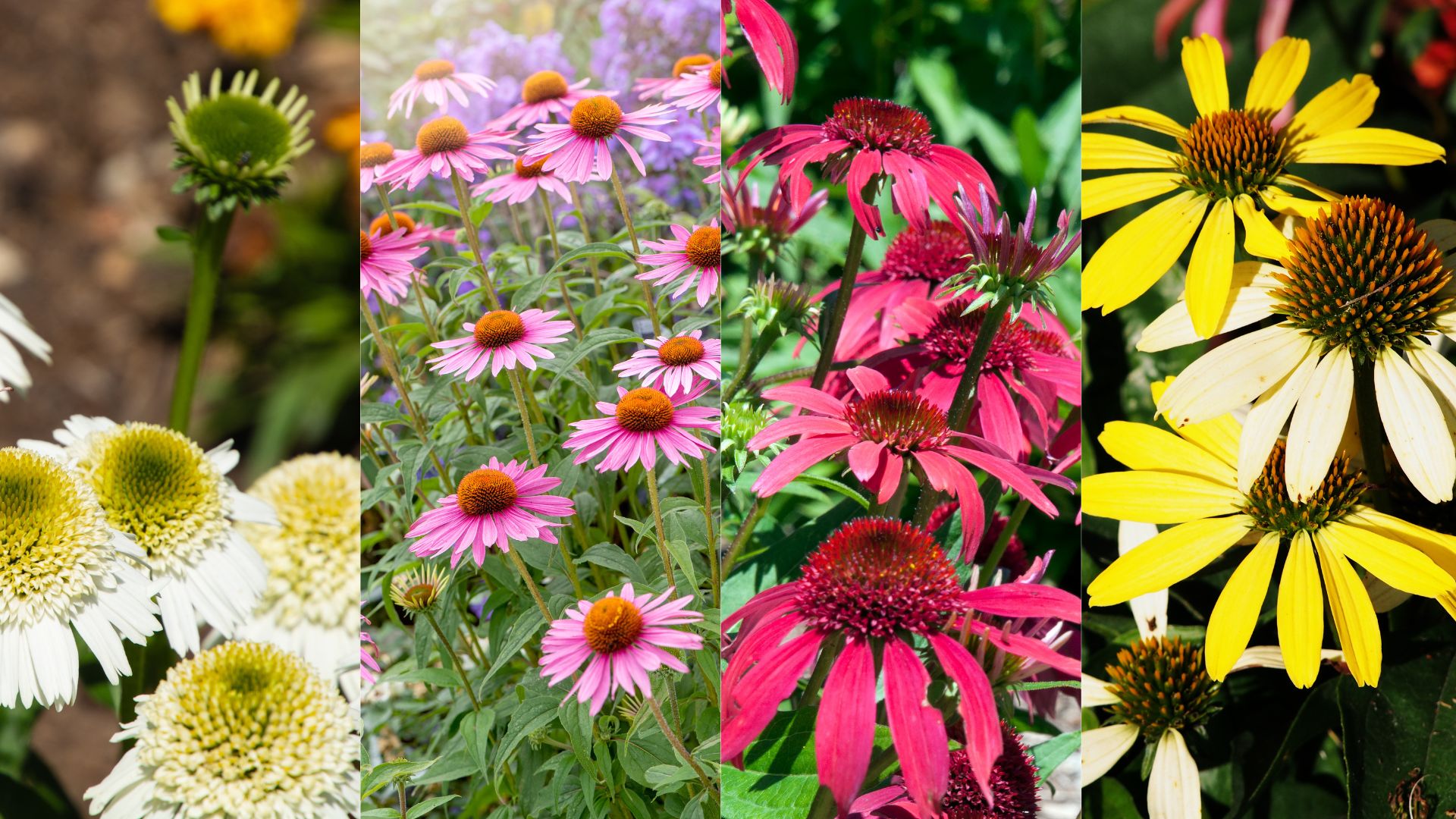
Coneflowers come in many different varieties, but choosing the right one for your flower beds can be quite overwhelming. So, here are some popular picks that I think are worth adding into your backyard.
Delicious Nougat - Formed with a creamy white petals, with a lime green center, these coneflowers will for sure add a touch of elegance into your backyard. Known to thrive in hardiness zones 4-9, these sun-loving flowers tend to bloom in the summer and last well in well-drained soil.
Sombrero Tres Amigos - These multi-colored blooms come in a shade of peachy coral and rosy pink and also carry deep green foliage — that will certainly brighten up a space. Best grown in hardiness zones 4-9, the Sombrero Tres Amigos brows beautifully during the summer and early fall.
Pow Wow Wild berry- Pretty in pink and adding some pizzazz into your backyard, this coneflower will truly capture the hearts of your guest. Known to attract pollinators, they also thrive well in zones 3-9.
Butterfly Cleopatra - I must admit, this variety takes the top spot for me with its bright coat of luxurious yellow that will no doubt elevate your garden. They also look great next to other plants! Compact and sturdy, the Butterfly Cleopatra grows well under full sun and is the perfect choice for beds and boarders. It thrives well in hardiness zones 4-8.

Nicole Dillon is a micro-flower farmer and owner of Breemar Flower Farm based in Ashland, VA. With a profound love for gardening, Nicole has transformed a passion for nurturing plants into a thriving business. Specializing in growing peonies and cut flowers, Nicole shares her expertise through a weekly blog aimed at home gardeners. Her mission is to inspire and educate gardeners of all levels, helping them create beautiful, sustainable spaces. Nicole also volunteers as a master gardener in her hometown.
How to take care of coneflowers
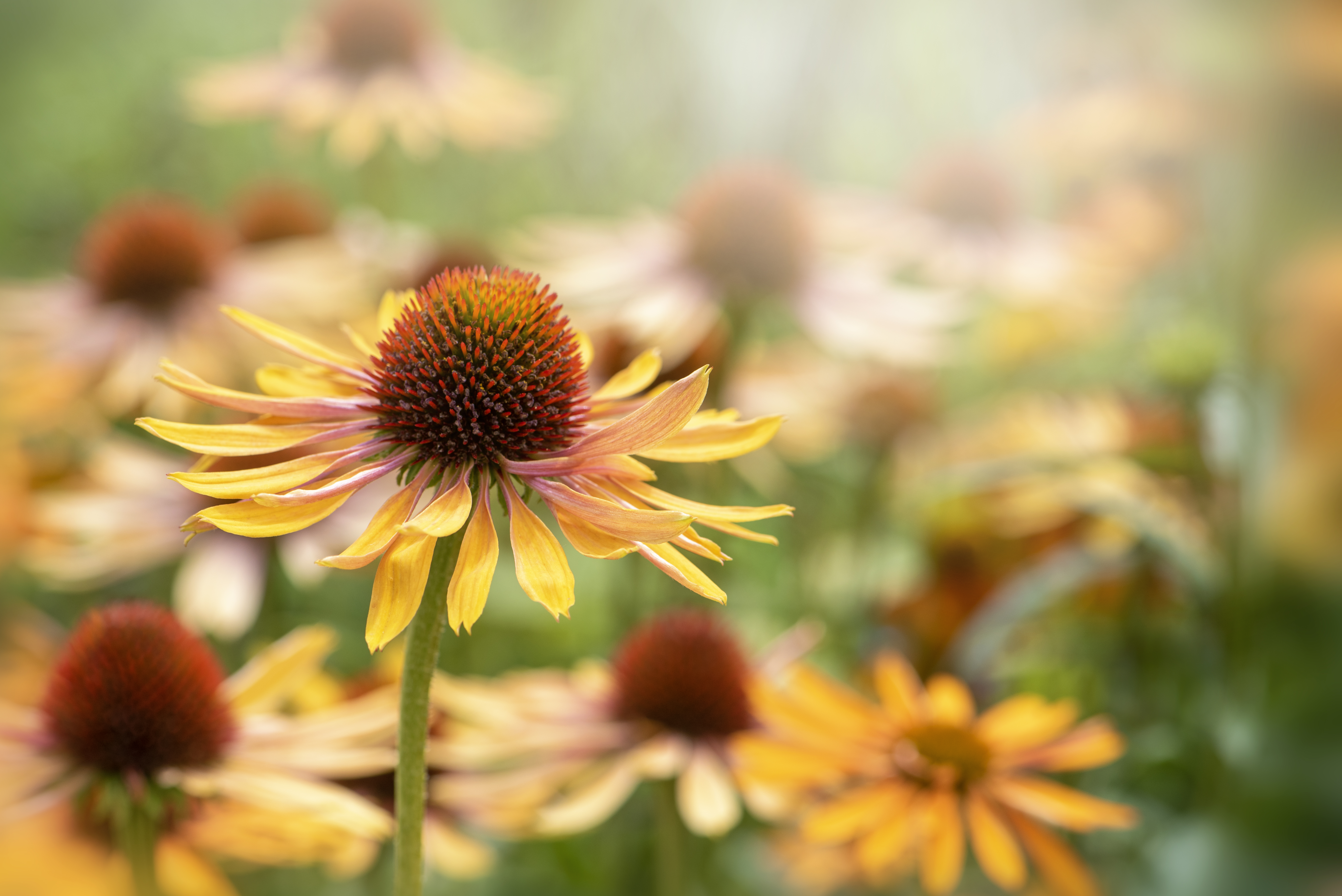
Now that you've planted your heat tolerant perennials, it is time to take care of it. Although coneflowers are easy to care for, you need to make sure you give it the care it needs to get the best out of its growth.
Here is a checklist of questions to ask yourself during your planting journey:
• Do these coneflowers have enough sunlight exposure?
• Did I plant them in the correct soil?
• Are they spaced out properly?
• Have I added compost and mulch?
Nicole says: 'Coneflowers can be grown in full sun or part shade. They need a minimum of 4 hours of sunlight, but the more they can get the better. This plant is adaptable to most soil types but prefers fertile, well-drained soil. Coneflowers do not appreciate wet feet for too long. They look best when planted en masse with tight spacing. Close spacing also helps support their tall stems without additional staking or support. Look at the overall size the plant will get and space them no wider than that'.
'Water deeply for the first year. Its deep tap root makes it drought-tolerant in future years. Because of the taproot, choose their location wisely as they do not like to be moved or transplanted once established. Coneflowers can be grown easily from seed, however a disadvantage to this is that they will take several years to flower,' she adds.
The gardening expert highlights that Coneflowers do not need a fertilizer regimen, but 'adding mulch or a compost side-dressing should be enough to keep them happy all season long'. To prolong their bloom season, Nicole suggests cutting 'half of your plants back in early June (the famous Chelsea Chop) while allowing the other half to bloom normally. If the petals are looking dingy on the first set of plants to flower, pull them off and let the center cone stay. The cone provides a unique texture to the garden, food for the birds, as well as fall and winter interest making it a 4 season plant'.
FAQS
What are the common problems with coneflowers?
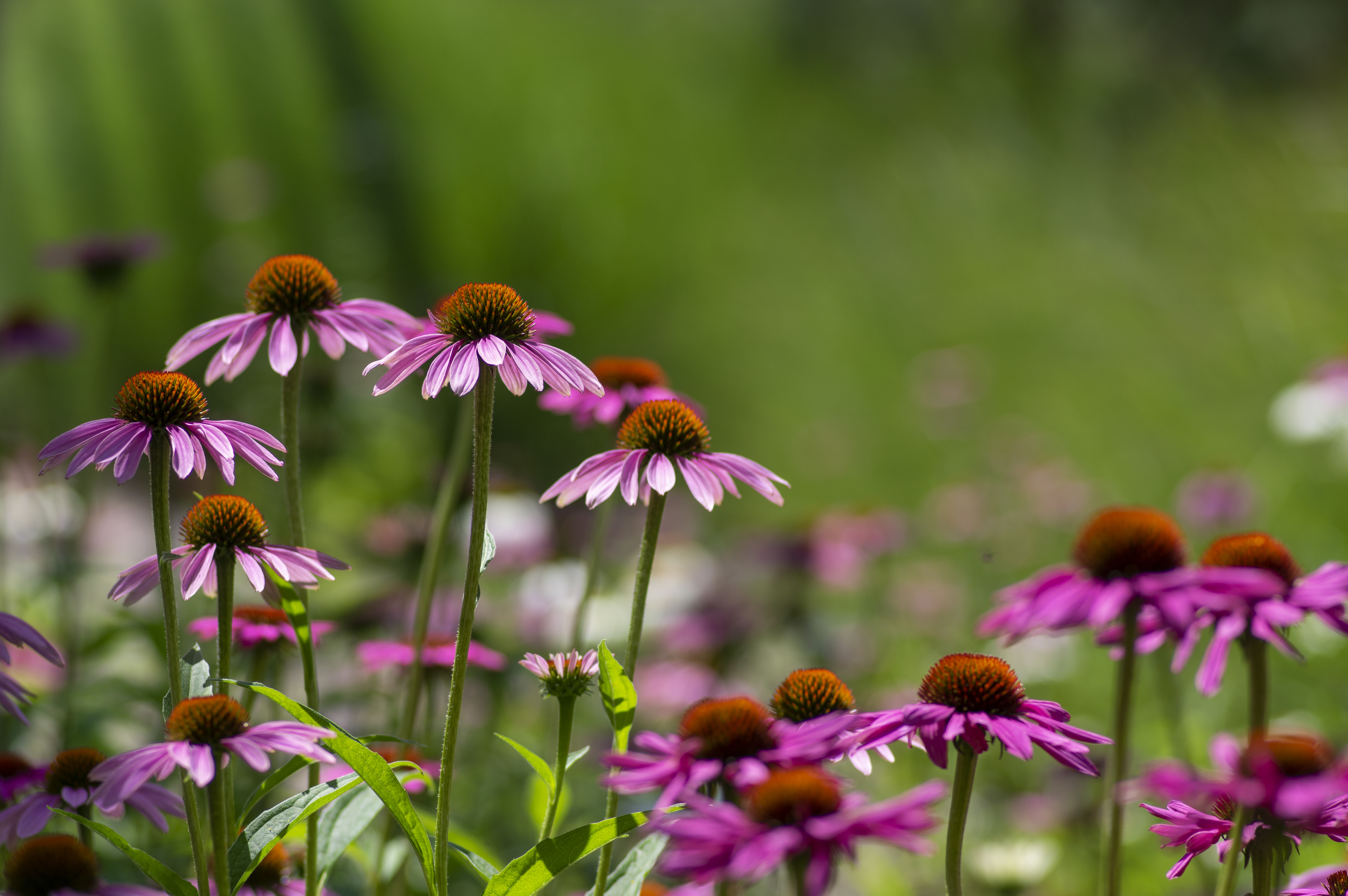
'Coneflowers, in general, are pest and disease-resistant,' Nicole says. However, 'they can occasionally be attacked by Japanese Beetles, black spot, or powdery mildew, but the plant isn't likely to succumb to these issues'.
Other issues that might occur is stem rotting, which often happens if you are overwatering your plant and not placing it in well-drained soil. So to avoid these make sure you are taking care of your blooms in the best way possible.
Can coneflowers be planted in containers?

Yes they can! Nicole recommends a 2-3+ gallon pot with a drainage hole. She says: 'Use a quality well-draining potting mix and then place it in a full or part sun location'.
The plant expert says the following varieties are ideal for containers: ‘Snow Cone, Tweety, Piccolino, Kim’s Knee High, and Delicious Nougat are dwarf varieties making them the perfect choice for containers'.
3 products for your gardening needs

Faiza is the Renovation Editor at Livingetc. She previously worked for The Independent as a News Feature Writer, where she crafted lifestyle, entertainment, and news stories. She also worked as an Audience Editor for the newspaper for almost two years. Thriving in the busy newsroom, Faiza also spent her time crafting stories for Sky News as an SEO reporter, where she produced stories based on trending topics. Lifestyle and interior design have been areas of interest for her for some time, and as she advances in this field, she will continue to refine her skills in all aspects of design. Faiza has a background in SEO, social media, and reporting. Her passion for writing goes beyond her work as she loves all things poetry and creative writing.
